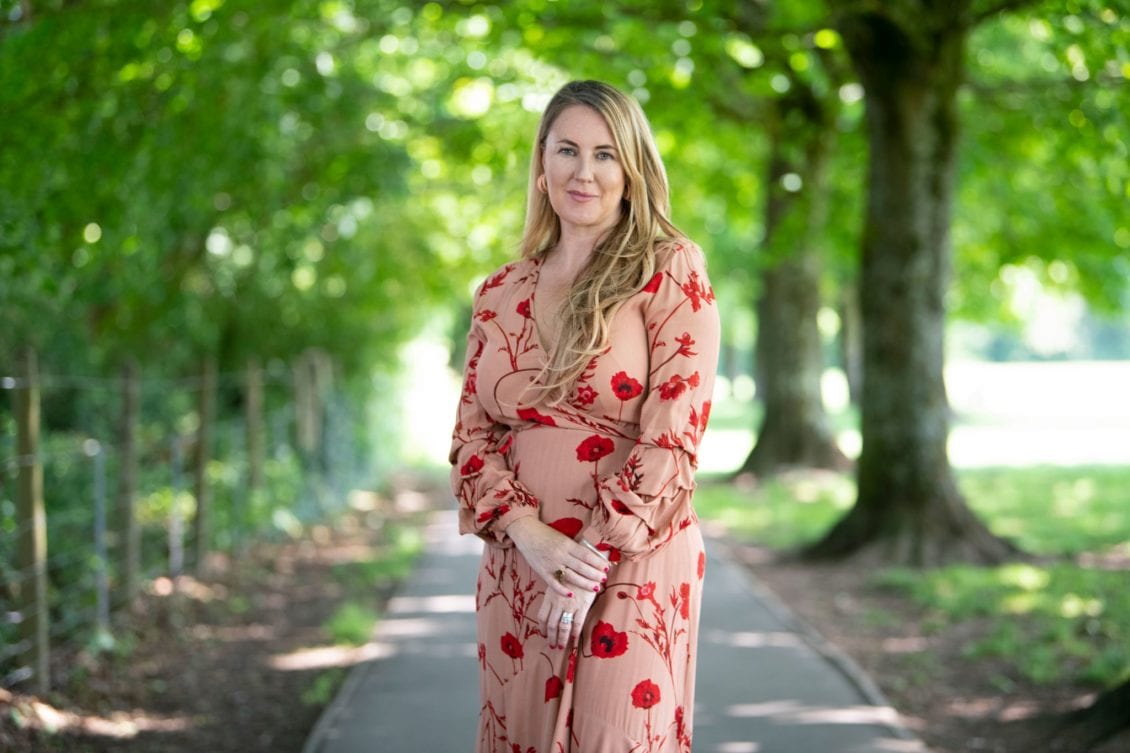At the start of Wales Climate Week, Future Generations Commissioner Sophie Howe will share her vision for Wales in 2050.
Carbon-neutral homes, car-less city centres and a world-leading public transport system – welcome to a new Wales – as imagined by the Future Generations Commissioner and more than 5,000 people.
At the start of Wales Climate Week, Sophie Howe has presented a vision of how the nation could look in 2050, if we achieve the ambitions of the Well-being of Future Generations Act.
The interactive artwork features in a website accompanying the commissioner’s latest Future Generations Report, the result of input from groups, organisations and individuals over the past three years.
Users can navigate a future Welsh city and its surroundings, where well-being is at the centre of decision-making, including how policies are made and money is spent.
The commissioner is urging people to use it, the report, the Act and its goals, to demand ‘the Wales we want’.
The map, designed by Cardiff-based creative and digital agency, Celf Creative, brings to life recommendations for a greener and kinder Wales – in a space where everyone can easily access what they need to keep them well.
Carbon neutral homes close to nature and in easy distance from amenities have green roofing and infrastructure; while parks are filled with wild flowers and biodiverse-rich grass that’s left to grow, and allotments are plentiful.
There’s a joint emergency services hub (decorated by a local artist) and a gym and leisure centre connected to the hospital, next to a community ‘hwb’. Wellbeing hubs are dotted across the city, suburbs and countryside – one neighbours a doctors’ surgery, demonstrating the aim of reducing demand on the NHS by focusing on preventing illness and keeping people physically and mentally well.
Alongside independently-run cafes and shops, sustainable consumption and production is promoted via a swap shop and a repair cafe next to a recycling centre. Trains make several stops to serve much of the community and there are no cars in the centre – instead, multiple bike racks. A forest centre sits next to a transport hub and there are e-cars with charging ports.
In a park, neighbours play wheelchair sports and do outdoor yoga and the Wales women’s rugby team train.
The town hall flies the Welsh flag and a Pride flag, culture is to be found everywhere, the Welsh language is used in everyday life, and there’s an outdoor debating space to encourage citizen involvement.
Elsewhere, wind turbines and ‘green bridges’, to mitigate the impacts of roads on walkers and cyclists, providing a safe crossing for wildlife, are the norm.
Ms Howe’s job is to protect future generations from the political actions of today, under Wales’ pioneering Well-being of Future Generations Act which became law in 2015.
The act requires public bodies in Wales to think about the long-term impact of their decisions, to work better with people, communities and each other, and to prevent persistent problems such as poverty, health inequalities and climate change.
The commissioner has posed particular challenges to Welsh Government on how they are approaching COVID-19 recovery and building back better. She has called on Welsh Government to accelerate their action on reducing emissions, mapping the areas over which they have control, and assessing the carbon impact of their spend.
Ms Howe highlights good examples from other public bodies in Wales, such as Cardiff Council’s One Planet strategy, which outlines their plans to make Cardiff carbon neutral by 2030, as well as work being explored by Pembrokeshire Council to increase capacity for solar farms, while also working with the health board to plant a tree for every new baby born in the local authority area.
She said the framework of the legislation had given ‘frustrated champions’ permission to challenge the system, adding that action was being taken to reduce emissions by many organisations but this needed to be broader and faster if we are to avoid a crisis even bigger than COVID.
In October, she launched her Manifesto for the Future – making a plea to political parties to listen to the voices of young people demanding action on climate change and inequality.
COVID-19 recovery, she says, should use the Act’s ways of working, like long-term thinking and prevention, to ensure the well-being of current and future generations.
She said: “The United Nations said last year that we could have just 11 years left to limit a climate change catastrophe.
“As the first and only country globally to legislate for well-being, we can be world-leading in how we look after people and planet.
“I hope people will use this vision of Wales’ possibilities, to work with others and ask for the Wales we want for now and for our children.
“This vision is the result of collaboration with people all across Wales and it’s full of examples of what good can happen when we think and act differently.”
Find the map and vision of Wales 2050, here.








Leave a Reply
View Comments